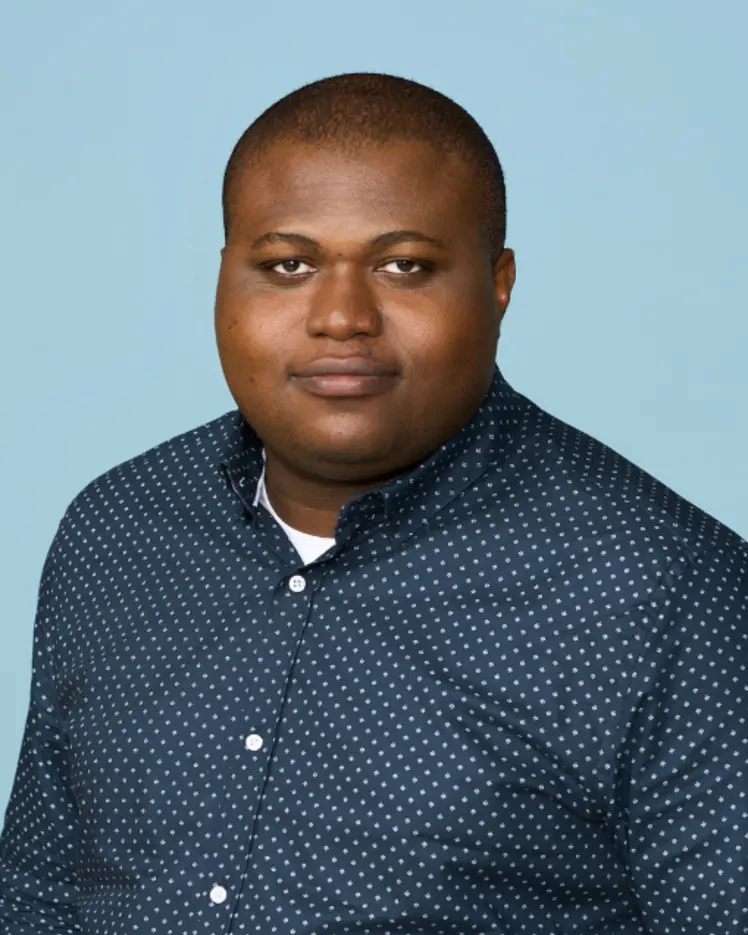
David Ifeoluwa Adelani
Biography
David Adelani is an assistant professor at McGill University’s School of Computer Science under the Fighting Inequities initiative, and a core academic member of Mila – Quebec Artificial Intelligence Institute.
Adelani’s research focuses on multilingual natural language processing with special attention to under-resourced languages.


